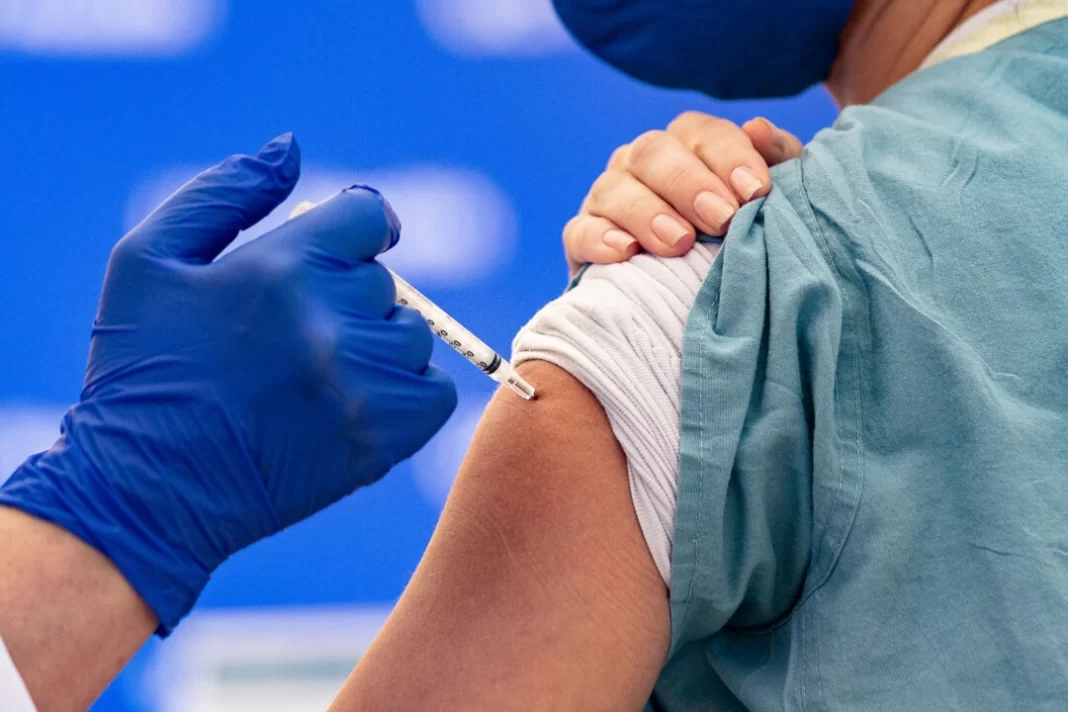A new global modeling study published in The Journal of the American Medical Association estimates that COVID-19 vaccinations prevented approximately 2.5 million deaths worldwide between December 2020 and late 2024. Researchers, led by Dr. John Ioannidis of Stanford University, analyzed the impact of the 13.6 billion vaccine doses administered during that period.
According to the study, for every 5,400 doses given, one death was averted. The model assumed everyone would have eventually been infected in the absence of vaccines and estimated vaccine effectiveness declined from 75% to 50% after the emergence of the Omicron variant.
Notably, nearly 90% of the lives saved were among people aged 60 and older, while individuals under 20 accounted for just 0.01% of deaths prevented. Adults aged 20 to 29 made up another 0.07%.
While earlier models had estimated even greater impacts—for instance, one 2024 study suggested 1.6 million deaths were averted in Europe alone—the authors of this study describe their estimates as more conservative but still strongly supportive of vaccination benefits, particularly for the elderly.
Despite the findings, some experts raised concerns. Dr. Harvey Risch, professor emeritus at Yale University, noted that the study did not account for potential vaccine-related deaths. He argued that if U.S. deaths prevented totaled around 100,000, it’s not unrealistic that vaccines may have also caused a similar number of deaths, pointing to underreporting in systems like VAERS.
Dr. Monica Gandhi of UCSF, in a commentary accompanying the study, emphasized that the findings support more targeted vaccination strategies. She criticized past blanket recommendations for children and noted that focusing efforts on older, high-risk individuals would have been more effective.
The CDC and FDA have recently shifted their guidance, now limiting COVID-19 vaccine recommendations mostly to the elderly and those with preexisting health conditions. Public health experts hope this more focused approach will help rebuild trust in vaccination campaigns.
The study was funded in part by the European Union, and the authors reported no conflicts of interest. They acknowledged limitations, including uncertainties around vaccine effectiveness and the exclusion of data on vaccine-related mortality.
Article Summary By ChatGPT








